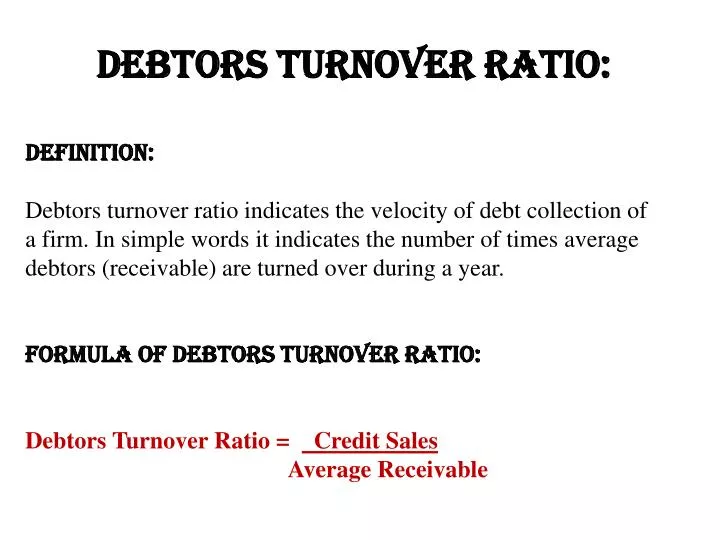

They cannot feed their expanding population despite their efforts to raise agricultural output. As a result, food shortages are common in developing countries with quickly growing populations. More people means more people to feed, which strains food availability. Shortage of food due to population expansion.Natural resources will be depleted more quickly due to increased non-renewable resource usage brought on by an increase in population. Resources, however, are in infinite quantity thus, this is an issue because if a large number of people utilize them, they'll run out and become scarce, resulting in poverty. Disadvantages of Populationĭemand for resources rises as the population grows. The size of the military will increase, as will the number of military supplies if the economy remains stable and the government can successfully handle the nation's expanding population.Īdditionally, a population increase may stimulate technological advancement that would enable the production of more sophisticated military products. If a country can administer its huge population, it can have a significant military advantage compared to smaller ones. As long as it can produce enough of an item or service to satisfy demand, a company that sells it will experience great success. There will be greater demand for some industries in a nation with a higher population. Moderate population increase contributes to rebalancing the population by increasing the proportion of young, working adults. We are struggling to pay for health care & pensions, which is placing costs on society. The population is declining in many western economies, which has led to a skewing of the population toward the elderly and retired. Improved societal demographic structure.Adding new cultures to the mix enables people from all backgrounds to approach problems creatively. Studies that examined the benefits of immigration as a crucial source of innovation have demonstrated increased diversity. People are more likely to use public transportation and live in easier-to-heat apartment complexes when they reside in densely populated locations. High population density locations are much more efficient than rural areas and regions with low populations in terms of the per capita carbon footprint. However, a rapidly growing population makes the load heavier. The government must spend a lot of money on necessities like housing, healthcare, and education. Rapid population decreases Social Infrastructure.Several countries are investing in regulating declining birth rates to address the impending labor deficit. More employees are necessary throughout this procedure thus, they can be needed today even if they weren't previously required for certain talents. Workers are needed at every level, from the production of basic materials through multiple stages to final distribution during consumption. More people means a greater demand for products and services, so more jobs are needed for production. Producers can export commodities to areas afflicted by natural catastrophes or artificial risks instead of only producing locally. However, each person's efforts may merge into something amazing depending on their distinct abilities and talents.Īdditionally, specialization enables countries to export and participate in globalization. This indicates that some people concentrate on creating a single product or service. The demand for products and services will rise as the population grows, encouraging specialization. Increased productivity through specialization.In locations where unemployment is a serious problem, this will likely not lead to more jobs, but it will boost the number of individuals willing to work for less pay.

One obvious advantage that a large population might offer is a larger supply of human resources.

The obvious conclusion is that GDP per capita is the essential element rather than GDP as a whole. More money will be available in tax revenue to fund public services like environmental and health care programs. Population growth will lead to economic expansion since more people can produce more goods. This article aims to examine the advantages and disadvantages of a civilization with a large population. Some countries require population expansion to maintain social equilibrium, while others must take immediate action to limit the numbers. On the other side, population growth is becoming more and more expensive, especially for the environment. This population growth has led to more cultural variety, advanced technologies, and improved living standards. The pace of population growth is alarmingly rapid in some areas, the population is expanding rapidly. Next → ← prev Advantages and Disadvantages of Population


 0 kommentar(er)
0 kommentar(er)
